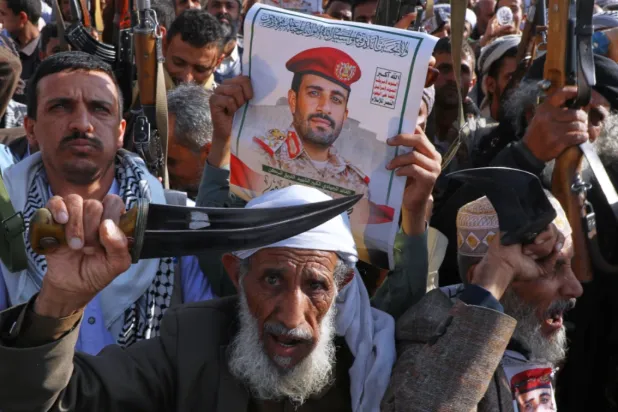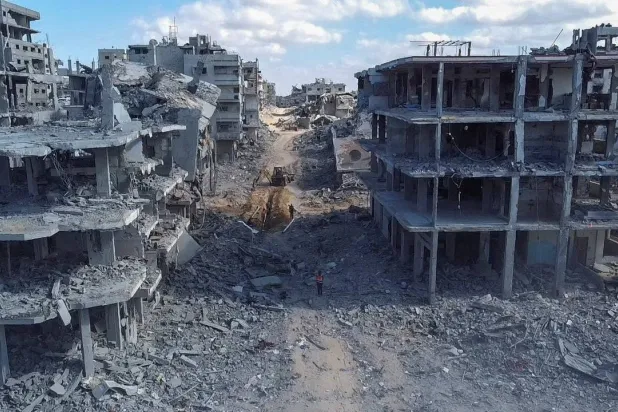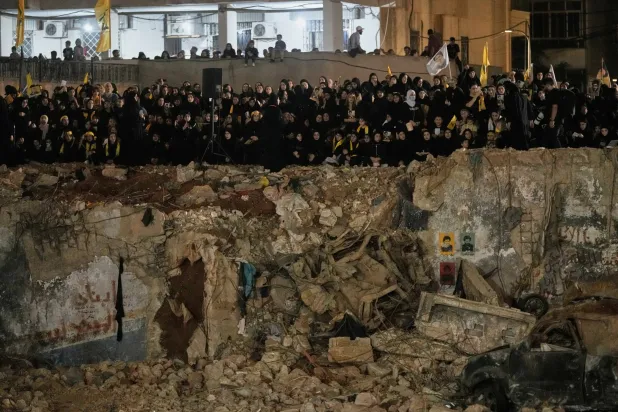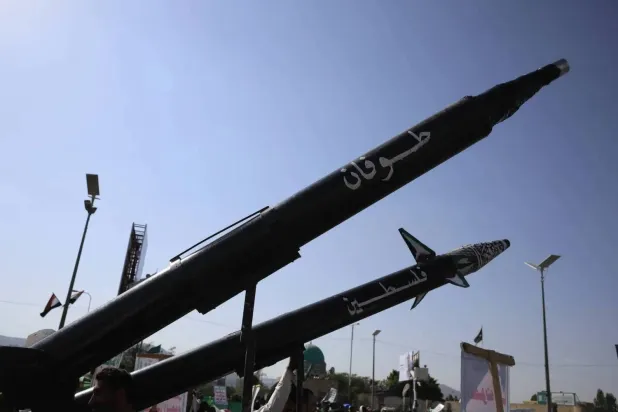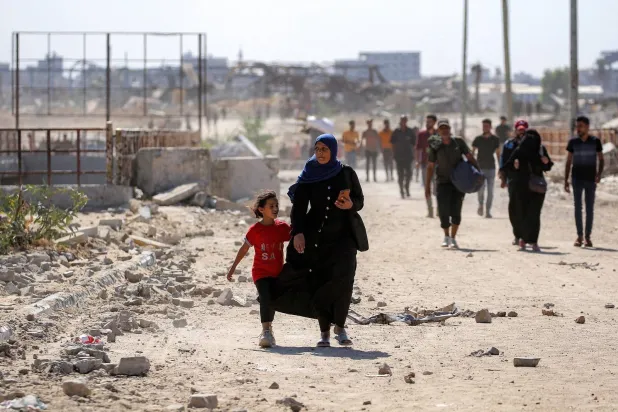About a month ago, Ali B., 46, sold his apartment in the Rweis neighborhood of Beirut’s southern suburbs, a Hezbollah stronghold, for $105,000, roughly $30,000 less than its value a year earlier.
“I wanted to sell it and recover part of its price before losing it entirely if Israel targets the area,” he told Asharq Al-Awsat.
“That apartment represents my life savings, earned over years of working abroad.”
Like Ali, many homeowners in Beirut’s southern suburbs are rushing to sell their properties amid fears of renewed Israeli strikes or a possible new war in Lebanon, a scenario that most Lebanese dread, especially as the war in Gaza winds down, raising concerns that the conflict could spill over to their country.
Online real estate pages are now flooded with listings for apartments in the southern suburbs, a sharp contrast to previous years. The surge began after Israel resumed airstrikes on the area in late March and has intensified in recent weeks as fears of renewed conflict have grown following the Gaza ceasefire.
Selling to Avoid Losing Everything
Abu Hussein, another resident, decided to sell his apartment in Saint Thérèse.
“I’ve had it on the market for over a month,” he told Asharq Al-Awsat. “I need the money to pay rent.”
Abu Hussein and his family fled the area about a year ago and have been renting a home in Bchamoun since. He said he would rather sell at a loss than risk losing everything.
“My apartment was damaged several times during and after the wider war between September and November 2024,” he said. “If another round of fighting or strikes break out, I could lose it completely.”
He added that he asked a broker to handle the sale: “He told me there are many apartments on the market right now.”
Israel has carried out several airstrikes on Beirut’s southern suburbs even after a ceasefire between Hezbollah and Israel took effect in November 2024, damaging numerous residential buildings.
A Widespread Trend
Property listings in the southern suburbs have become common.
“There are many apartments for sale,” said Ahmad, a resident of Burj al-Barajneh. “It’s what everyone talks about now – how to sell and move somewhere else.”
He said many families have fled to the mountains or Beirut’s outskirts, fearing the deteriorating security situation, and are now trying to sell their homes to avoid losing them entirely.
“Prices have dropped dramatically, by 20% to 40% compared to before,” Ahmad said. “It’s shocking. We’ve never seen such a decline. People just don’t know when things will stabilize.”
Prices Drop by More Than Half
Real estate brokers confirmed the trend. “The number of apartments for sale has risen sharply recently,” one broker told Asharq Al-Awsat. “But actual purchases are rare, despite the steep price drops.”
He said current buyers are mainly wealthy investors “waiting for the war to end so they can resell the properties at double the price.”
Prices have plummeted, in some cases to less than half their previous levels.
“The price per square meter in the heart of the southern suburbs has fallen from $1,300–$1,500 to $500–$700,” the broker said.
“In higher-end areas like Hayy al-Amerkan and Saint Thérèse – where prices used to range from $2,000 to $3,000 per square meter – listings now start around $1,000.”
A Preemptive Move
Lama sold her apartment just before the war erupted.
“I left my home in the southern suburbs and moved to Hazmieh,” she told Asharq Al-Awsat. “I felt the security situation was unstable and that something could happen at any moment.”
Asked why she left the area where she was born and raised, Lama said: “I wanted my children to live safely, and I think I made the right choice. They went through very difficult times during the Israeli war on Lebanon – before, during, and after – with drones constantly overhead and Israeli fighter jets regularly violating our skies.”
Ten months after the war ended, homeowners have yet to receive full compensation – only temporary housing and furniture allowances.
The World Bank estimates that more than 162,000 housing units were damaged or destroyed, while Hezbollah-linked Jihad al-Binaa says the figure exceeds 348,000. Israel continues to strike Lebanon almost daily, meaning those numbers are likely to rise.
Original Post
